To provide the best experiences, we use technologies like cookies to store and/or access device information. Consenting to these technologies will allow us to process data such as browsing behaviour or unique IDs on this site. Not consenting or withdrawing consent, may adversely affect certain features and functions.
The technical storage or access is strictly necessary for the legitimate purpose of enabling the use of a specific service explicitly requested by the subscriber or user, or for the sole purpose of carrying out the transmission of a communication over an electronic communications network.
The technical storage or access is necessary for the legitimate purpose of storing preferences that are not requested by the subscriber or user.
The technical storage or access that is used exclusively for statistical purposes.
The technical storage or access that is used exclusively for anonymous statistical purposes. Without a subpoena, voluntary compliance on the part of your Internet Service Provider, or additional records from a third party, information stored or retrieved for this purpose alone cannot usually be used to identify you.
The technical storage or access is required to create user profiles to send advertising, or to track the user on a website or across several websites for similar marketing purposes.
 To coincide with National Productivity Week, a CIPD poll suggests that almost two thirds of people (63 percent) would trust artificial intelligence (AI) to inform – but not make – important decisions at work. According to the poll of over 2,000 people, over a third (35 percent) wouldn’t trust AI to make important decisions at work, preferring to use human intelligence. Just 1 percent of respondents would trust AI to make important work decisions. (more…)
To coincide with National Productivity Week, a CIPD poll suggests that almost two thirds of people (63 percent) would trust artificial intelligence (AI) to inform – but not make – important decisions at work. According to the poll of over 2,000 people, over a third (35 percent) wouldn’t trust AI to make important decisions at work, preferring to use human intelligence. Just 1 percent of respondents would trust AI to make important work decisions. (more…)





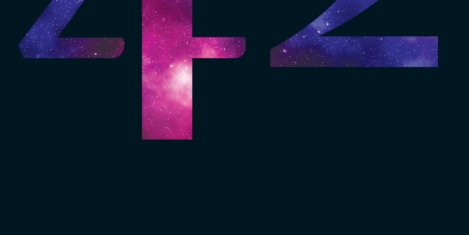
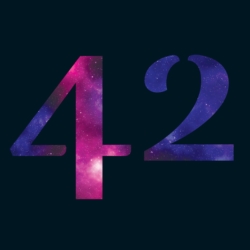

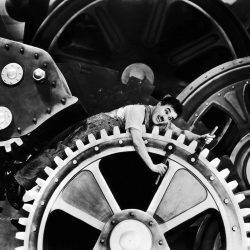
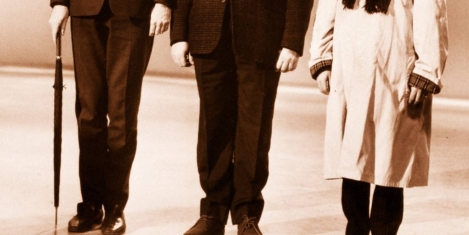
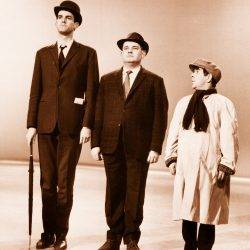
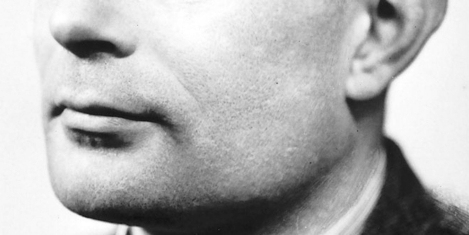
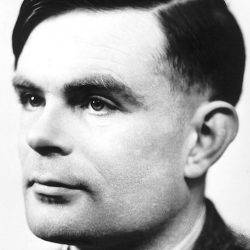
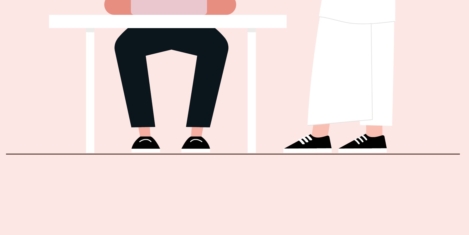
 Organisations are having to rethink the form and function of their offices in ways unprecedented in their relatively short history. And perhaps the biggest challenge is to create places to work that reflect the organisation’s culture and the needs of the people who work there (some of the time). One possible framework for aligning an office design model with the culture of the organisation is presented in a supplement published for
Organisations are having to rethink the form and function of their offices in ways unprecedented in their relatively short history. And perhaps the biggest challenge is to create places to work that reflect the organisation’s culture and the needs of the people who work there (some of the time). One possible framework for aligning an office design model with the culture of the organisation is presented in a supplement published for 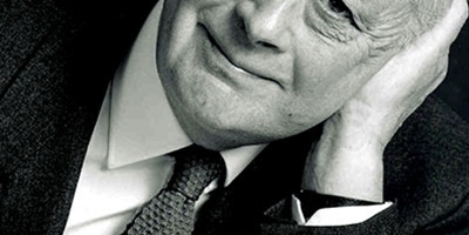
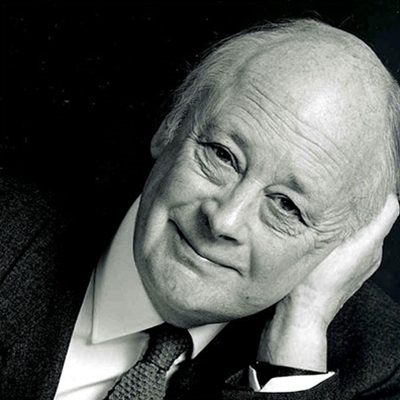
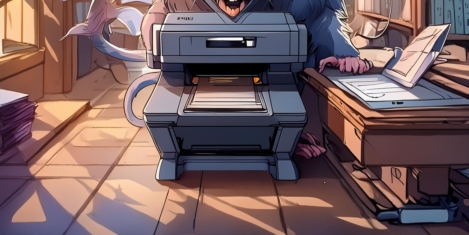
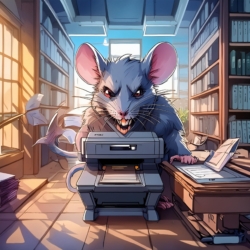


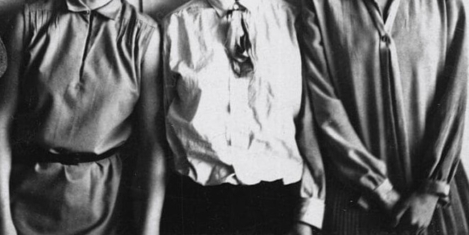

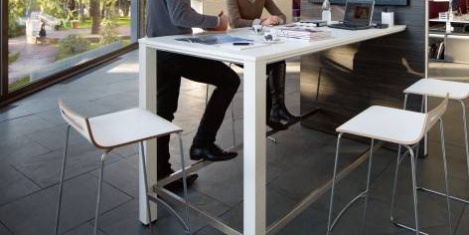
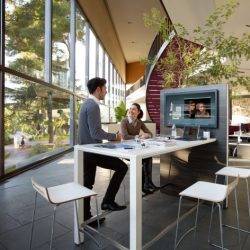








January 28, 2025
A break in the workspace-time continuum
by Mark Eltringham • Comment, Wellbeing